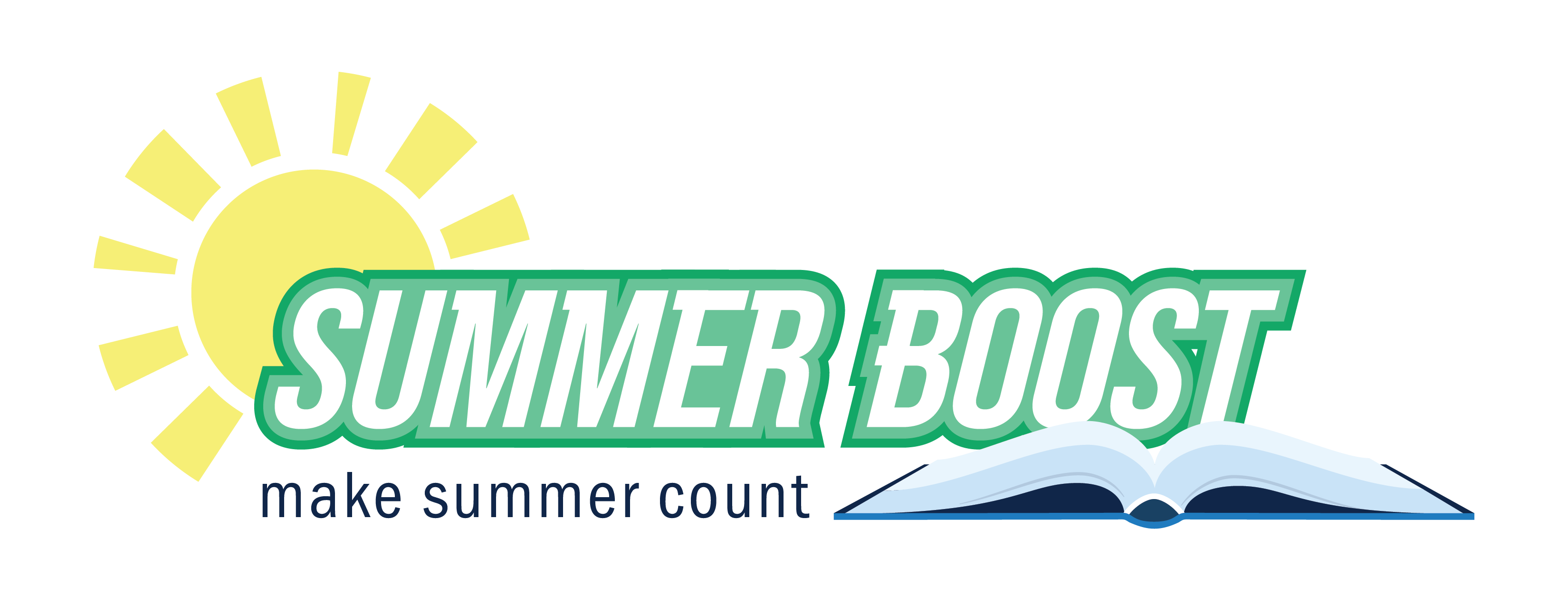Math classrooms have traditionally been a place where students sit in rows, take notes and practice problems, while the teacher lectures or circulates to help students solve problems. Although this is still the case in many classrooms across the nation, a necessary shift in instruction is taking place to prepare students for future careers and to develop 21st century skills and dispositions.
How do we help students become problem solvers and critical thinkers? How do we empower students to apply mathematics and persevere, becoming owners of their own learning and resources for one another? Do we believe this type of learning is for all students?
The math skills needed for current and future careers have changed. Technological advances are the major contributing factor. The need to utilize many of the procedural processes that have dominated mathematics for centuries, has diminished. Devices can compute problems quicker and with better accuracy. In fact, according to mathematician Kevin Devlin of Stanford University, procedural mathematics – which dominated instruction for thousands of years – has essentially become irrelevant.
To prepare students for future careers, we need to help them develop problem-solving skills. Students need opportunities to solve nonroutine problems where there are multiple ways to solve. Instruction must require students to ask questions, develop processes and models, and require students to defend their solutions. Teachers must provide rich problems worth solving and shift their role in the classroom. The “I do, we do and you do” model cannot be the primary instructional model. The shift of the teacher role to a facilitator is essential.
This type of learning is not just for gifted students. All students need access to instruction that develops problem solving and critical thinking skills. Although, many educators want to believe this type of learning can happen no matter the population of students, the current reality proves the shift is extremely difficult.
First, most school leaders, teachers, parents and other stakeholders experienced mathematics traditionally and replicate or expect mathematics to be the same. Second, students have spent multiple years being “spoon-fed” mathematics. Therefore, the shift from less procedures and more problem solving will take time.
No matter what kind of prior experience our teachers and students have or what our current reality is, there is no excuse to stay stuck in a traditional model. It is imperative to begin the shift and provide a stage for deeper learning. The development of a mathematical community sets this stage.
A mathematical community is a place where meaningful mathematical discussions occur and students support the mathematical learning of all participants. The teacher is not the holder of all knowledge; instead, they guide and extend student thinking as the class listens and learns to accept other students’ ideas. Students are responsible for justifying their reasoning using multiple strategies, while working collaboratively to develop meaningful understandings of mathematics.
Starting in the 2017-18 school year, every math district curriculum map (K-12) in the Jefferson County Public School system began with strategies, lessons, resources and advice to help create mathematical communities. As teachers began the school year, they were encouraged to engage students in activities to set the stage for what math class will look, sound and feel like throughout the school year. Teachers were encouraged to lead conversations and activities to establish norms for engagement, with the inclusion of student voice.
In addition to curriculum changes, professional development during New Teacher Induction and the summer Deeper Learning Symposium included sessions to help develop the following characteristics:
How do you build a mathematics community?
- Establish norms and routines for engagement.
- Use manipulatives, tools and resources to develop conceptual understanding.
- Create a safe classroom culture for student discussion and discourse.
- Make student collaboration a routine.
- Utilize number talks to develop number sense and fluency.
- Incorporate the Mathematical Practice Standards in everyday instruction.
- Select meaningful tasks to development problem solving and critical thinking.
According to the National Council for Teaching of Mathematics, some of the benefits of having a mathematical community include an increase in achievement, deeper learning, increased motivation and a shift in authority from the teacher to the classroom community. Mistakes become part of the process, instead of evidence that students are not “good at math.” In fact, as brain research justifies, we are not learning unless we make mistakes.
We must continue to develop, support and provide space to shift instruction to empower students to be actively involved in learning mathematics. Just as we know mistakes are part of the learning process in math, shifting practice will come with challenges. It will not be perfect and there will be some days better than others days.
In JCPS, mathematics’ communities are still in development. There are examples all along a continuum of development. Therefore, professional learning opportunities are ongoing and instructional coaches provide support, feedback and models. In addition, district coaching visits help provide schools with evidence of community and opportunities for growth.
Although the shift is taking time, we know it is imperative to prepare our students for their future. We cannot give up or get discouraged by fixed mindsets; our students’ future depends on it.
Angela Harris has been the middle and high school math specialist for Jefferson County Public Schools (JCPS) since 2015. She served as a classroom teacher in JCPS for eight years before taking a position as a middle school resource teacher in 2009. Harris worked as an educational recovery specialist with the Kentucky Department of Education from 2012 to 2015. She holds a bachelor’s degree in middle school education from the University of Kentucky, as well as a master’s in secondary mathematics and a specialist in educational administration from the University of Louisville.




[…] – KDE Kentucky Teacher, Click here to read the entire article. […]